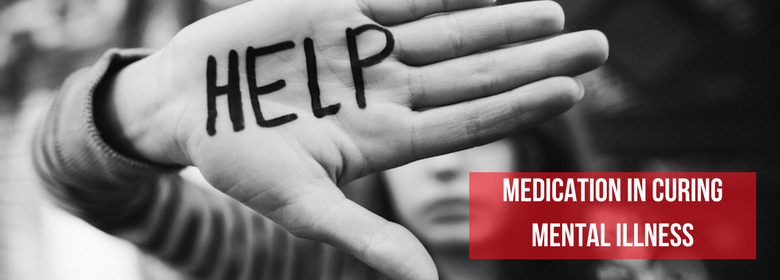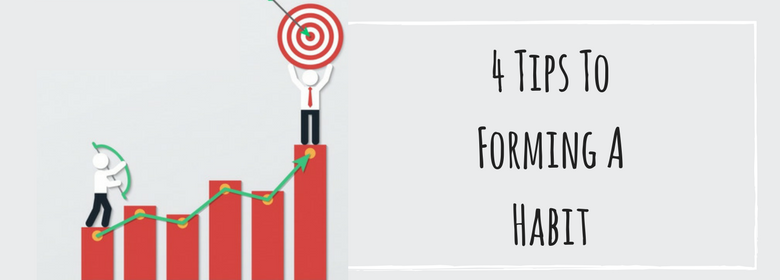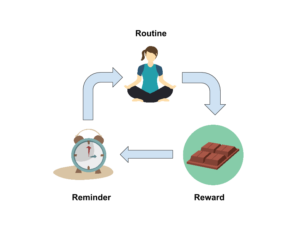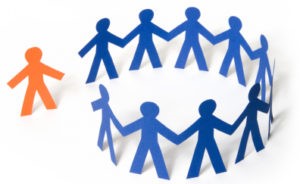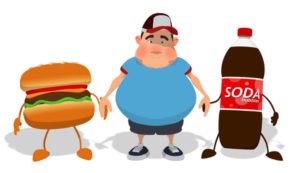7 signs to know that you have ADHD

Attention deficiency hyperactivity disorder or ADHD as it is commonly referred to is a complex disorder that has caused quite a stir in the medical world especially when it is present among adults.
When someone says ADHD, the first thing you would think of is a child who is unable to focus on his or her homework as this disorder is believed to be widely prevalent among children. However, adult ADHD is a real thing and it is believed that some children carry these symptoms into adulthood!
Do you think you just can’t “focus”? Are you missing out on little things or does attending to details make you tired?
Here are a few signs to know if you have ADHD.
Inability to Focus
This is not just about being distracted at work or being distracted when given a task. Do you find yourself drifting off to your own world when someone is talking to you? Do you think you easily lose train of thoughts or conversations? This is a sure sign that you might be suffering from ADHD!
Ability to focus on certain tasks
While ADHD is often about being scattered and not concentrating, people with ADHD can also focus with great details on tasks they enjoy doing. If you find yourself doing with excellent precision the tasks you love doing, it might be because your brain is choosing to selectively focus!
Being Forgetful
From forgetting where you left the car keys to missing out on deadlines because they just slipped off your head, forgetfulness that is a notch higher than every day forgetfulness for people is a sign of ADHD.
Anxiety
With ADHD, anxiety is another complication that arises. If you find yourself fidgety and anxious about tasks that need to be done or you get apprehensive a lot, it might be because of ADHD.
Issues in relationships
With ADHD, people find it very hard to sustain emotional relationships. It can be because of distractions, getting bored, anxiety or the inability to focus but if you have constant trouble holding on to relationships or find yourself in relationship issues every very often, ADHD might be the culprit.
Multi-tasking
While multi-tasking is considered an invaluable trait in the modern world, if you are constantly shifting between one task to another because you are bored or just cannot focus on one task at a given time, it is because of scattered attention. At a given point of time, a person with ADHD might be working on 10 things just because he or she will get bored working on one!
Impulsive Behavior
With ADHD, there is a tendency to act impulsively without paying much heed to the consequences. If you find yourself acting out of impulse every once in a while despite your actions being inconsiderate or socially inappropriate, this is a definite warning sign of adult ADHD.













